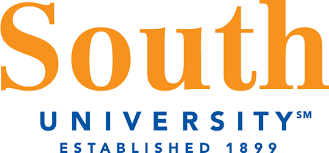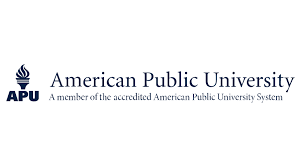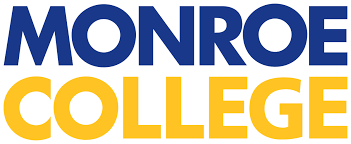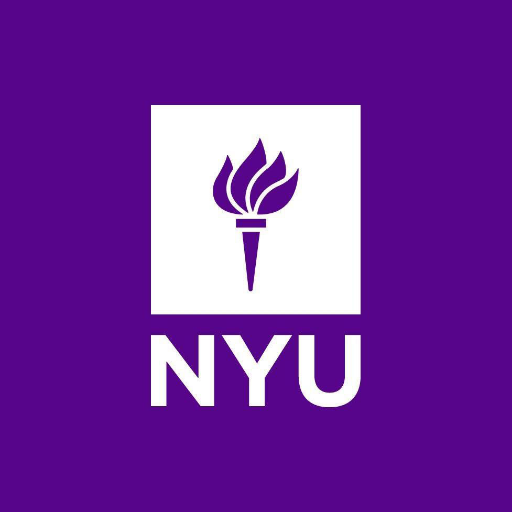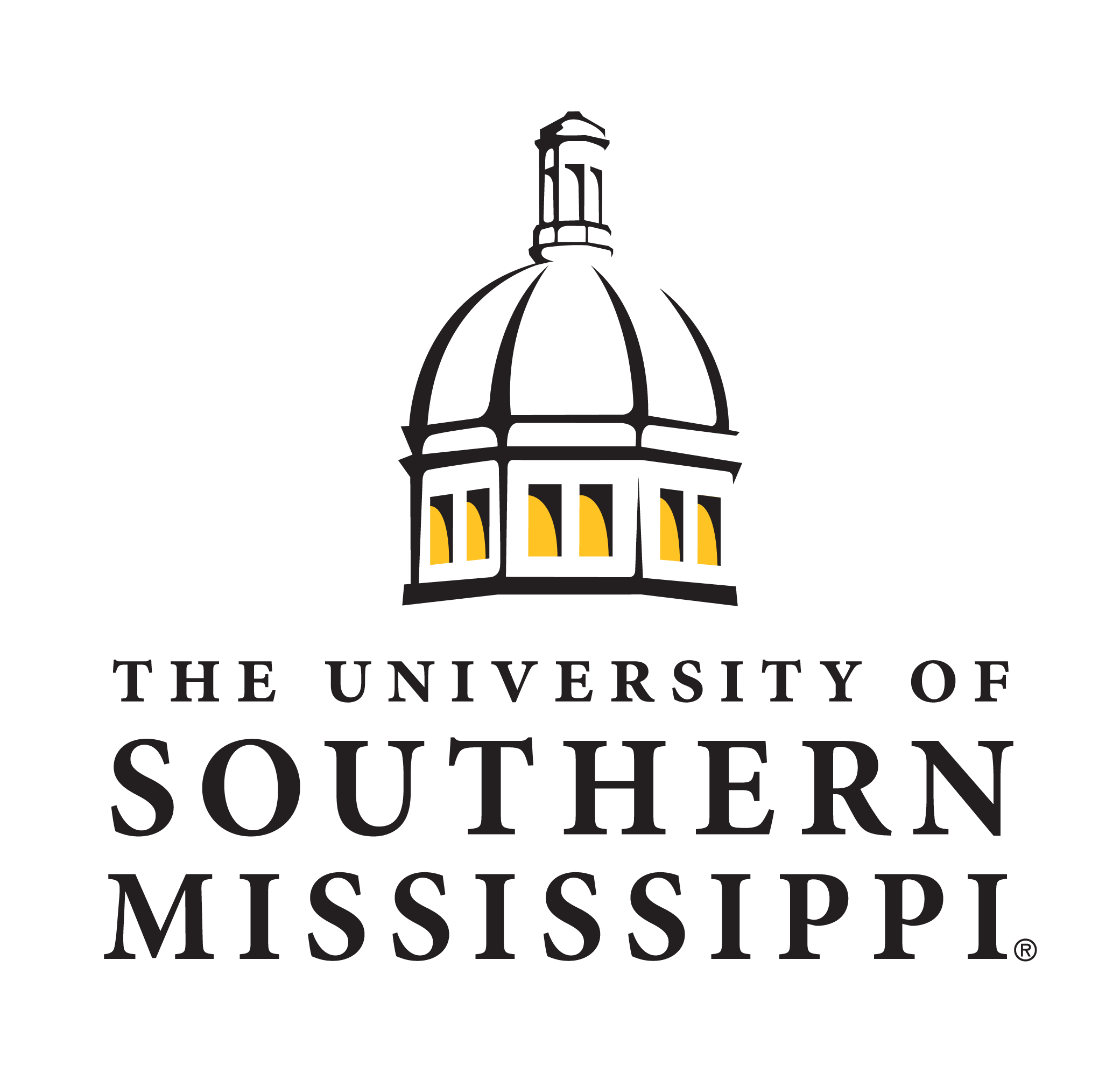Public health has never been more important. As more people are born and the Earth’s space becomes more crowded, ensuring that the public is educated about their health is paramount. The best online Bachelor’s in Public Health Degrees can prepare you to lead the charge in guaranteeing the health of current and future generations.
What Is an Online Public Health Degree?
A Bachelor’s in Public Health degree prepares students for working in healthcare with a community focus. The responsibilities of professionals in the public health field vary, but they frequently work in hospitals, at schools to teach about public health, or with wellness organizations across the world.
Public Health majors are usually more focused on disease prevention, education, and policy-making than specialized doctors or nurses. However, those with Public Health degrees can go on to become either. Individuals with Public Health degrees frequently make policy decisions for other health care providers or enact widespread change and humanitarian efforts to prevent entire populations from suffering from disease or poor health.
Many Public Health degree holders will go on to become educators first and foremost. They may or may not become full teachers. Educating others about public health typically requires an extra certificate. Many Public Health programs have pathways to help you attain this certificate at the same time as your main degree.
See Also: 20 Best Sports Medicine Degree Online
How Much Can You Earn With an Online Degree in Public Health?
The salaries of individuals with Public Health degrees vary since it can lead to many different career paths. The average salary is around $51k per year, but this can go even higher, up to $60k in a managerial position. Nonprofit organizers typically make much less, around $30k per year. The actual earnings of each person depend on their position in health services.
Here are some potential careers for public health professionals and their average salaries according to the Bureau of Labor Statistics:
- Epidemiologist – $69,660
- Health Education Professional – $46,080
- Health Services Administration – $99,730
Epidemiologists deal primarily with infectious diseases and their impact on global health. They typically have an Online Bachelor of Science in Public Health, often a master’s degree as well, and a focus on epidemiology. They study and respond to global health threats like epidemics, focusing on best practices for healthcare delivery and eradication of the disease.
Health Educators are community health workers with a wide variety or specialties. They focus on health issues as varied as disease prevention, drug abuse, and sex education. Health Education specialists are dedicated to providing the best quality of life for their community.
Health Services Administration professionals focus on the public policy side of the field of public health. They may have focused their public health degree on healthcare administration or healthcare management. If you envision yourself serving the community best through promoting general Health and Wellness, consider a more specialized degree.
What is Required for a Bachelor’s Degree in Public Health Online?
Those seeking a Bachelor’s in Public Health degree will have to take many biological and psychological-focused courses as they both relate to community health. Specific coursework may focus on:
- Health Communication
- Community Health Practices
- Health Promotion
- Environmental Health
- Public Health Policy
- Health Systems
- Health Sciences
- Biostatistics
- Behavioral Sciences
All of these courses will form a broad backbone of knowledge. In many ways, those in a Public Health degree program have a greater total spread of information than other more specialized degrees.
For a related degree, check out the Best Online Human Services programs.
What Are the Best Bachelor’s Programs in Public Health?
To determine the best bachelor’s degree programs, we’ve used a state-of-the-art data-collection system to determine key information for school ranking. We’ve gathered this into:
- A short description of each program
- Quick facts of each program
- Tuition rates and credit hours
- A data-fed OSR score
A good thing to look for when considering undergraduate program is whether it is accredited by an industry-specific health agency, for instance the Council on Education for Public Health (CEPH).
OSR uses six data points to rank online programs: three school-wide and three program specific. For school-wide, OSR uses Student Satisfaction, Admission Rates, and the number of programs the school offers online. For program specific, OSR checks the Median Debt of graduates from that program, how many degrees are offered within that program’s umbrella department, and what percentage of students at that school graduated from that department.
The six statistics are displayed by each school. The sliding bar under each statistic represents how that school compares to other US institutions. “Not reported” means a school did not release that information to the US Department of Education. A more detailed description of the OSR process can be found on the methodology page. Online learning is a rapidly growing field, and OSR aims to keep online colleges accountable to online students.






